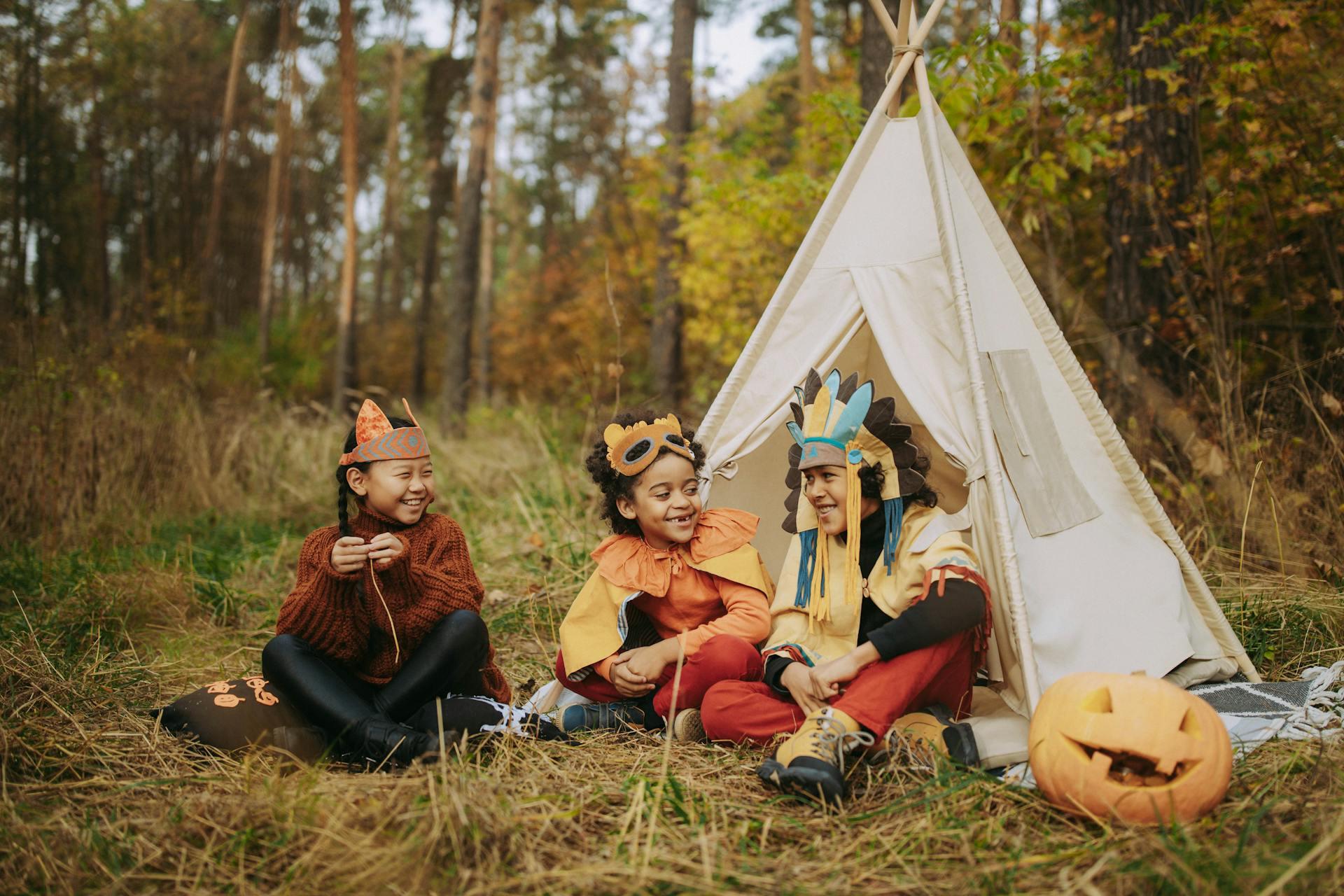Every October, as spooky decorations go up and costume shops fill with people, the question arises: “Is Halloween a celebration of Satan?” This idea has floated around for decades, often accompanied by misconceptions about Halloween’s history, symbols, and traditions. Yet, Halloween is not Satan’s holiday. Instead, it’s a cultural celebration that has evolved over centuries, blending ancient customs, Christian traditions, and modern festivities. Let’s explore the origins of Halloween and why it’s time to move past these myths.
1. The Origins of Halloween: A Time to Honor the Seasons and the Saints
Halloween’s roots lie in ancient Celtic practices, particularly the festival of Samhain (pronounced “sow-win”). The Celts, who lived in what is now Ireland, the United Kingdom, and northern France, celebrated Samhain to mark the end of the harvest season and the start of winter. During this time, they believed the boundary between the living and the dead became thin, allowing spirits to visit. While these practices may sound spooky to us now, they weren’t about celebrating evil or inviting harmful spirits; they were cultural observances focused on the natural cycles of life and death.
When Christianity spread through Celtic lands, the church sought to replace Samhain with a holy observance. Pope Gregory III designated November 1 as All Saints' Day, or All Hallows' Day, to honor saints and martyrs. The night before, All Hallows’ Eve—which became Halloween—was a time of preparation. So, Halloween, in its medieval form, wasn’t about Satan or darkness but about honoring those who had passed.
2. Symbols of Darkness and the Role of Pop Culture
Fast forward to today, and Halloween is celebrated with images of ghosts, witches, and other spooky symbols. Some see these as hints of dark, occult practices, yet most of these symbols have become little more than playful icons of the holiday season. Dressing up as a ghost or putting up skeleton decorations doesn’t have a deep spiritual meaning for most people; it’s a fun way to embrace the eerie theme of Halloween.
Pop culture has also played a huge role in framing Halloween as "dark" or "scary." Horror movies, haunted houses, and television shows have often emphasized the darker side of Halloween, shaping it into a holiday associated with fear and thrills. This framing is primarily commercial, crafted to appeal to our love of suspense and mystery, rather than any real connection to Satanic worship.
3. Halloween in Modern Times: Secular Celebrations and Community Spirit
Today, Halloween is overwhelmingly secular and family-oriented. Children go trick-or-treating, neighbors decorate their homes, and communities come together for parties, festivals, and fun. Costumes range from superheroes to classic monsters, and the focus is far more on enjoyment than on anything sinister.
In fact, in many areas, Halloween serves as a chance for neighbors to bond, for parents to have quality time with their kids, and for communities to come together. Halloween parades, fall festivals, and pumpkin-carving events have all become central parts of the season, with nothing inherently dark or negative about them.
4. Separating Myth from Reality
Some people view Halloween’s associations with the supernatural as inherently evil, citing its Celtic roots or the modern obsession with “scary” themes. However, this view overlooks the historical and cultural realities of the holiday. Neither Samhain nor the Christian celebrations were ever meant to glorify darkness or Satan; instead, they honored the cycle of life and death in a respectful way.
Ultimately, Halloween today is what we make of it. For most, it’s about harmless fun, creativity, and a bit of spooky excitement. Halloween's cultural evolution is a testament to how holidays grow and change with the times. So, rather than associating Halloween with dark forces, perhaps we can see it for what it truly is: a blend of ancient customs, Christian influences, and modern-day fun.
Conclusion: Embrace Halloween with a Fresh Perspective
Halloween’s journey from Celtic tradition to modern celebration is filled with change, adaptation, and creativity. It has become a holiday that unites families and communities, sparking joy rather than fear. Halloween is not Satan’s holiday, nor is it inherently dark. It’s a cultural moment to enjoy the changing season, let loose, and make lasting memories. So, this October 31, feel free to put on your costume, light a pumpkin, and know that you’re taking part in a fun, rich, and community-centered tradition—one that’s far from sinister.
Leave a comment
Your email address will not be published. Required fields are marked *


